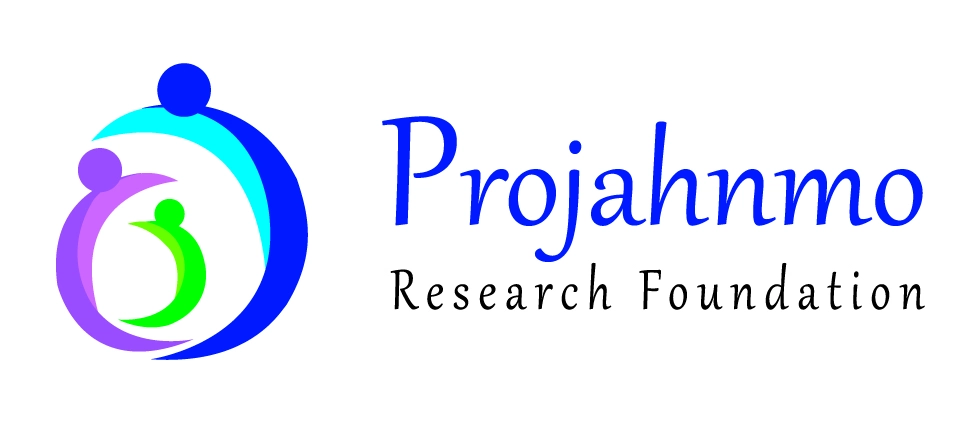
Field-testing and validation of the Global Scale for Early Development (GSED) for 0- to 3-year-old children
Study period: June 2023 to May 2026
Sample size: The sample size was estimated 400 and 160 among children aged 5 and 3.5 years, respectively for the Bangladesh site including 20% lost to follow up.Donor: World Health Organization (WHO)
Project Description:
Background: While the importance of early development has been well recognized globally, universal measures designed to quantify early child development (ECD) are lacking, particularly for the youngest children. Measurement tools are necessary not only for tracking progress toward meeting global policy goals, but also for informing resource allocation and programming to provide the necessary support to enable children to reach their developmental potential. Current measures of child development range from proxy measures to detailed measures of individual performance that can be expensive, culturally inappropriate, or time-intensive to administer. Neither these proxy measures nor the individual measures are adequate for program evaluation. As yet, there are no widely accepted universal measures of early child development that can be applied at the population level for children under 3 years of age.
Objective: The overarching aim of the Global Scale for Early Development (GSED) Project is to develop a robust, universal and psychometrically sound scale to measure development of children aged 0-3 years through two measurement instruments. This study aims at the validation of the instruments with the specific objectives to i) test the feasibility of the proposed procedures for set up, training and data collection within countries, and obtain feedback on feasibility and domain alignment on items proposed to be in the prototype instruments; and ii) determine the psychometric properties of the GSED instruments (short and long form).
The objective of the predictive component is to establish predictive validity of D-scores obtained for children between 0-3 years of age (using the GSED) for later outcomes across developmental domains (global and socio-emotional development, school readiness and executive functioning) at preschool-age of 3.5 years, and at school entry age of 5 years.
Method: This is a prospective study in children 0-41 months of age. The study sample will be selected using an age and sex stratification. This study utilizes a multiple-method approach to assess the feasibility and cross-cultural validity of a tool to measure child development through piloting and field testing in three countries of Asia and Africa. This phase 4 of the study adds a longitudinal component (the ‘predictive validity study’), following up sample from cohorts that are already enrolled in the previous component in three countries (Bangladesh, Pakistan, and Tanzania) at two-time points (ages 3.5 and 5 years). In Bangladesh, the study will be conducted in Projahnmo field site in Sylhet. Older children will be recruited from children who are already enrolled in the AMANHI-ACT study being conducted in our study site where we maintain a health and demographic surveillance.
